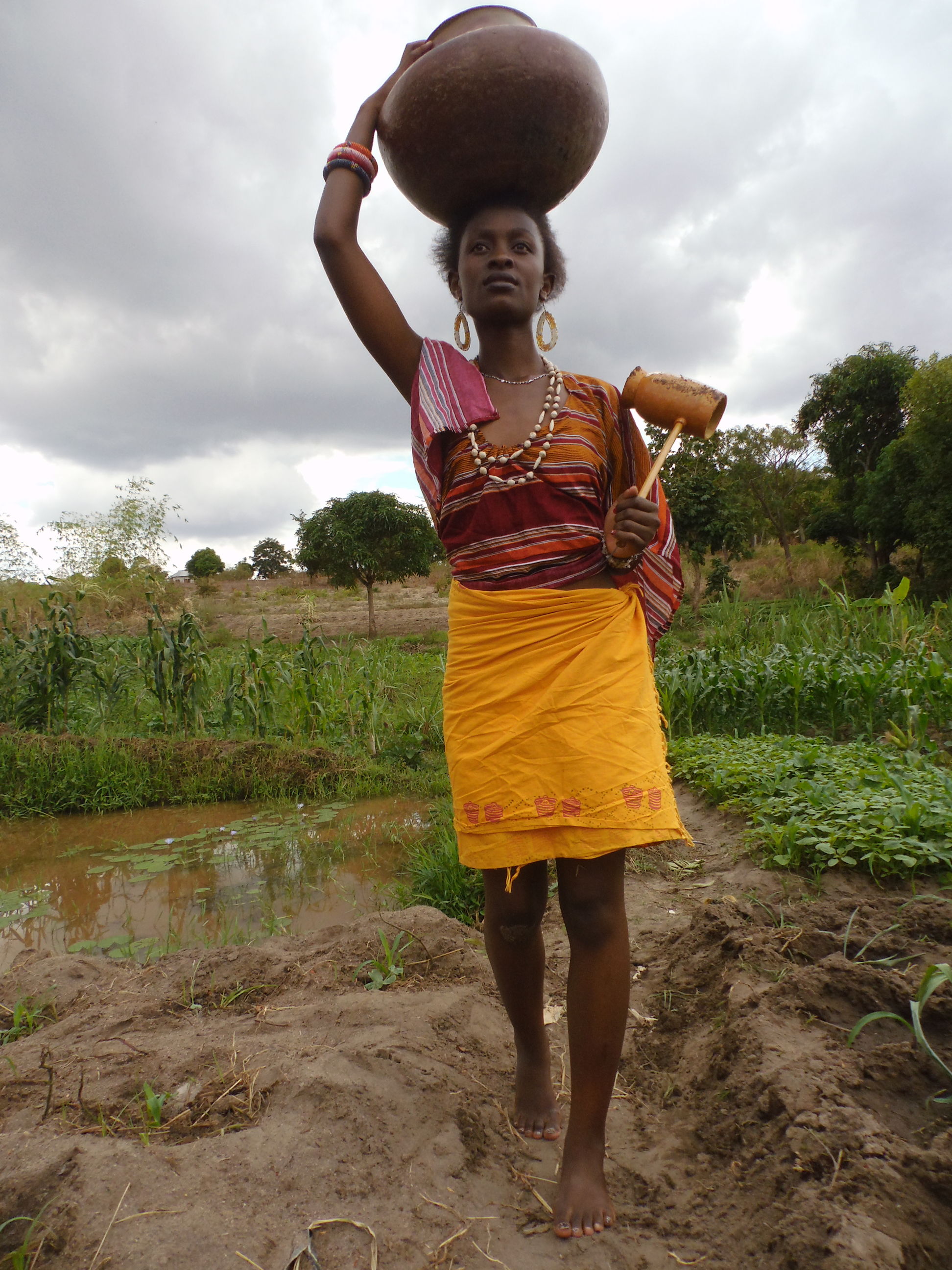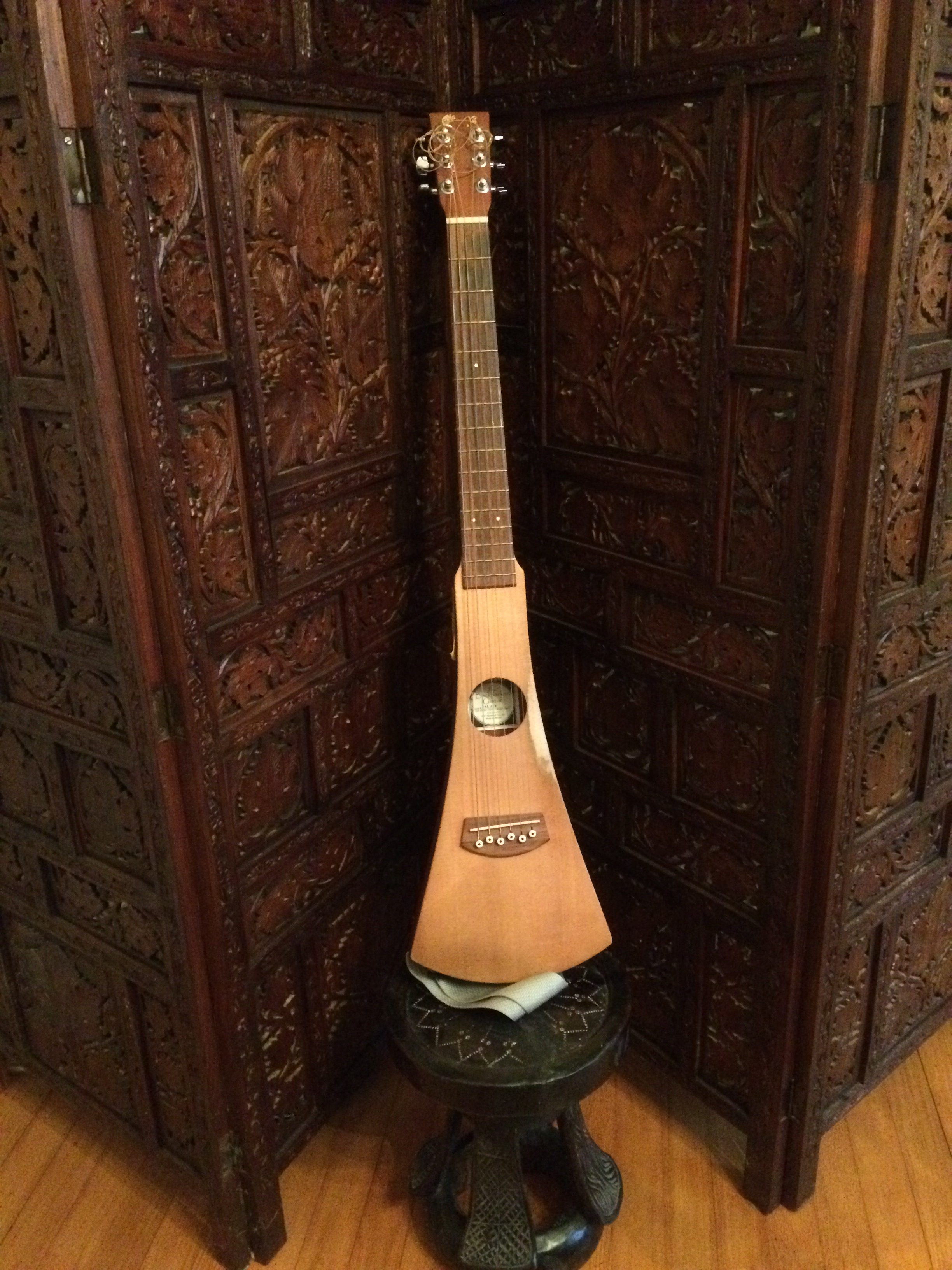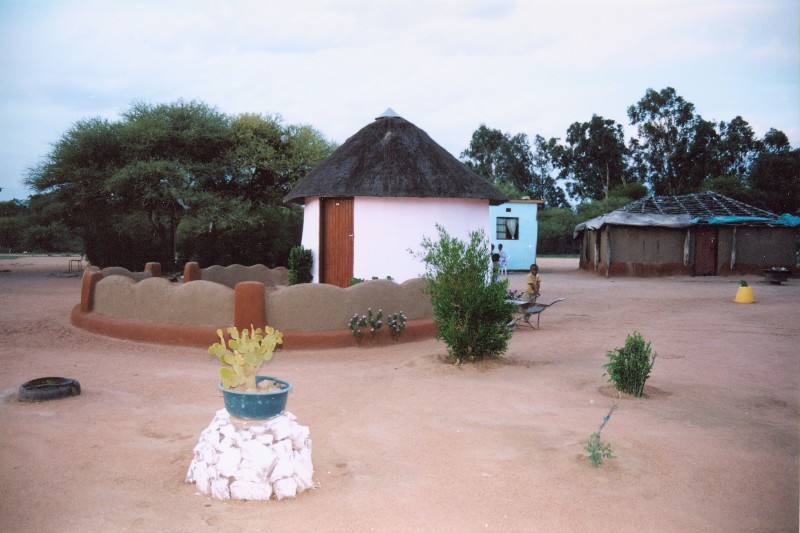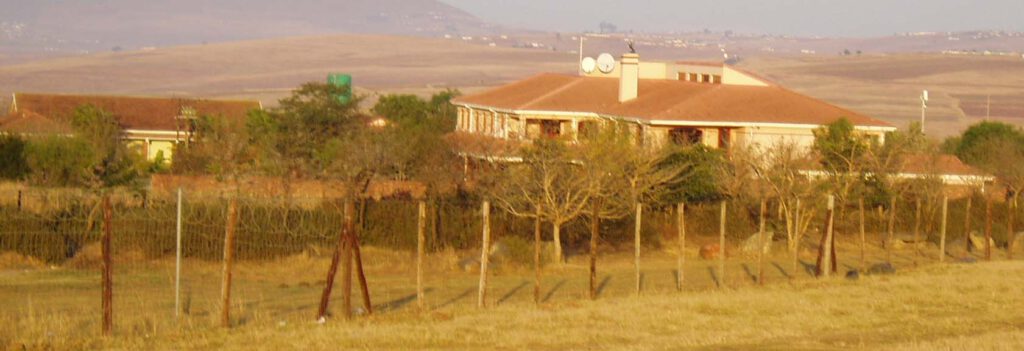Consider the French word, dépaysé. It aptly describes travelers who after long east-west travels clamber off holiday jets in the likes of Hawaii, the Costa del Sol, Capetown or Baku. The French term means literally ‘un-countried’. Otherwise, in English, it can mean ‘dazed’ or ‘bewildered’. For moderns accustomed to the reach of transcontinental jets, it can have an even drearier translation: jetlag.
I sat one day in a circle of friends in Pitseng (see previous post), a scattered hamlet in the eastern Kalahari, having only just returned from a visit to North America. Still un-countried, I squinted at the elders in the blinding sunshine who welcomed me with the usual Tswana banter: “We see you, ‘father proverbs’ (my local name). And how have you traveled? What news of your parents abroad?”
I assured them that all was well, though this journey had left me unsettled. I went on to describe how modern travel over long distances left the body in a state of turmoil. That I wanted to sleep in the day and stay awake much of the night. They nodded gravely as they pondered my disheveled state, wondering maybe if I had fallen foul of some hex in a strange land. But then, Mokweni, the village pumper, master of the borehole, cleared his throat and allowed as how he had felt those very symptoms when traveling by pickup to the neighboring town of Kanye (20 miles away). That he suspected it took a while for his spirit (‘moya’) to catch up with his transported body. Which, come to think of it, is as superb an insight into the effect of jet travel as I have ever heard.

But to be dépaysé – un-countried – applies at some deeper level, too. I experienced it in that very village of Pitseng. The moment came one weekend spent with the village elders for extended conversation about leadership – what they had encountered in the exercise of their leadership in the community. Its burdens, its utility, its successes and dilemmas. As I often did in these visits, I propped in a corner my travel guitar should a moment present itself for diversion in singing.

One of the village elders, pastor of a small Christian congregation, then failed to return to our dialogues. I noted his absence, and learned that he had taken personal offence – at my guitar. It seems he had spent years as a contract mineworker outside Johannesburg where he had been revolted by the wild night life in the townships. This, he observed, had unfolded to the accompaniment of guitar music. In his mind, this was a sign that the very worst of urban life was now knocking on the door of his quiet village home. He was alarmed.
Wanting to make amends, when our day’s work was done, I set out through the thorn scrub to find his homestead. I could hear singing and drumming as I approached – an evening prayer service in a simple thatch shelter. Gathering ended, the pastor emerged into the fading light. We exchanged greetings, and I began to voice my regret at having caused him such distress, that I valued his friendship. He stood at an angle, listening uneasily and gazing at the horizon. I begged his forgiveness after which he hesitantly shook my hand as I took awkward leave of those who stood around. The whole encounter had turned into a shambles.
By now the sun had set. The stars appeared. I set out uncertainly, having failed to bring any flashlight. Enveloped by a moonless night, I was reduced to feeling the worn pathway beneath my feet not even certain of my heading. Occasionally I would stray from the track and stumble into the thorny arms of the acacia. There could be no starker experience of being ‘un-countried’, of cultural jetlag, of being ‘out-of-tribe’ and out-of-sorts: the ghastly misunderstanding which I had only exacerbated. The intense darkness. The uncertain path.
Somewhere up ahead, though,I could hear faint voices. I realized that it was a group of young women returning from the borehole with water pots on their heads. I called to them asking for help. Suddenly they caught a glimpse of me, a white person appearing out of the darkness. So alarmed were they at this ghostly encounter that they shrieked, throwing down their pots and fleeing into the darkness. I can only imagine what they told their families on returning home empty-handed, of their night-terror.
After an hour of groping my way in near despair, I could see the light of a fire. It led me to the home of my host family. Even these many years later, I am not certain my spirit has entirely caught up with me yet. Call it ‘jetlag in a Kalahari hamlet’.



Leave a Reply